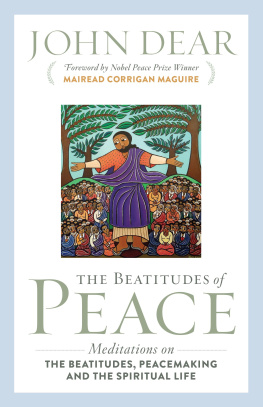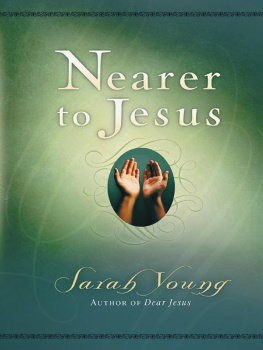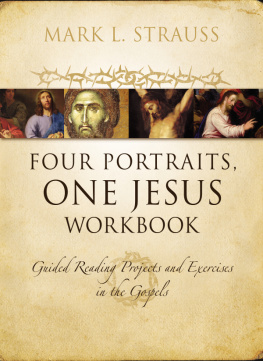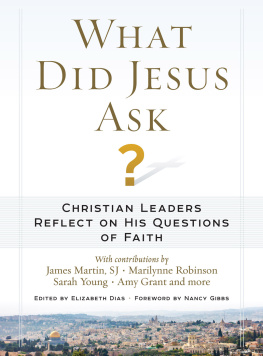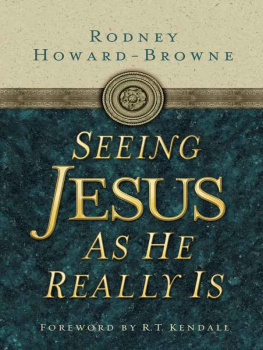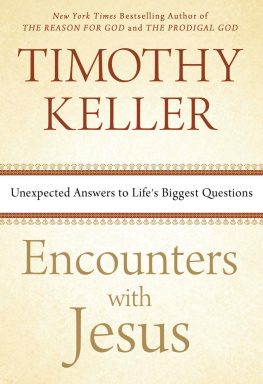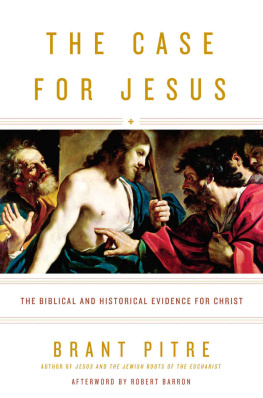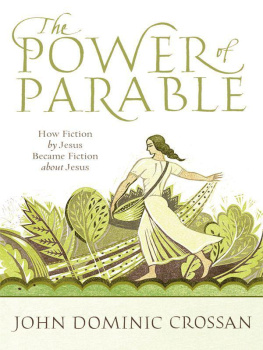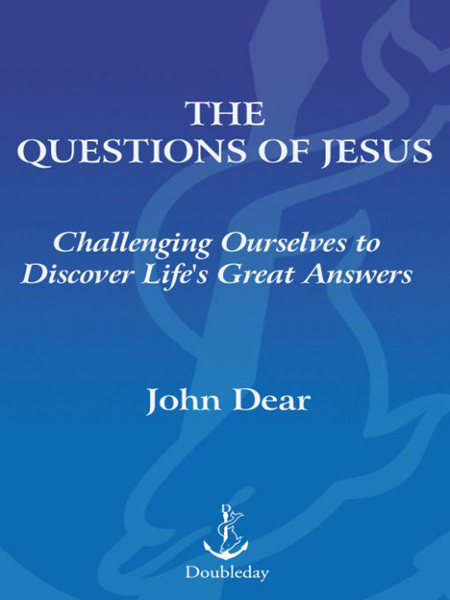

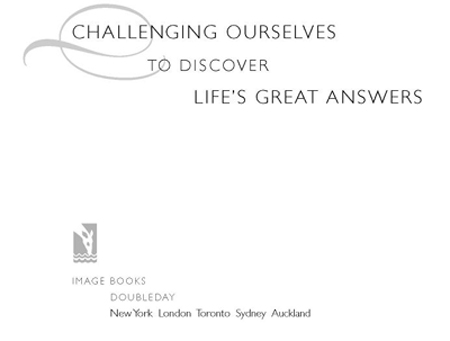
Table of Contents
F O R
BILL MCNICHOLS
A N D
STEVE KELLY
FRIENDS AND BROTHERS WHO LOVE THE QUESTIONS AND THE ONE WHO ASKS THEM
We have to keep looking for the spiritual questions if we want spiritual answers.
HENRI NOUWEN
Be patient with regard to all that in your heart is still unresolved and try to love the questions themselves like closed parts and books written in an extremely foreign language. Do not seek for the moment of the answer because you would not be able to live through it. Live the questions now. Perhaps you will live thereafter and gradually without realizing it, one day, live your way into the answer.
RAINER MARIA RILKE
God, my God, with You it is always the same thing! Always the same question that nobody knows how to answer! While I am asking questions that You do not answer, You ask me a question that is so simple that I cannot answer it. I do not even understand the question.
THOMAS MERTON
There have been times when, after long on my knees in a cold chancel, a stone has rolled from my mind, and I have looked in and seen the old questions lie folded and in a place by themselves, like the piled grave clothes of loves risen body.
R. S. THOMAS
EDITED BY JOHN DEAR
Mohandas Gandhi: Essential Writings
Apostle of Peace: Essays in Honor of Daniel Berrigan
Its a Sin to Build a Nuclear Weapon: Writings by Richard McSorley
Christ Is with the Poor: Stories and Sayings of Horace McKenna
The Road to Peace: Writings on Peace and Justice by Henri Nouwen
And the Risen Bread: Selected Poems of Daniel Berrigan, 19571997
The Vision of Peace: Writings of Mairead Corrigan Maguire

FOREWORD
BY RICHARD ROHR
In the realm of soul and spirit, there are not really answers as much as there are answering persons. The important thing is not to settle the dust and respond to the egos need for closure and satisfaction, but in fact to lead one into a vital relationship. The ego so demands immediate satisfaction that it will almost always settle for satisfying falsehood rather than remain on the search for often unsatisfying truth. Jesus keeps us on the necessary search.
I am told, for example, that Jesus only directly answers 3 of the 183 questions that he himself is asked in the four Gospels! (I will let you find them.) This is totally surprising to people who have grown up assuming that the very job description of religion is to give people answers and to resolve peoples dilemmas. Apparently this is not Jesus understanding of the function of religion because he operates very differently. Jesus either keeps silent, as with Pilate (John 19:9), returns with another question, as with the coin of Caesar (Matthew 22:19), or gives an illustration, as with the Good Samaritan story (Luke 10:30 ff).
At other times he puts the question back inside the frame of reference of the inquirer, as if to make them critique it. He does so with the rich young man: You know the commandments (Mark 10:19). Sometimes he can only weep, sigh, or lament because of the seeming ill-will or hostility represented in the question, as when the Pharisees ask for a sign from him (Mark 8:12). Here he outrightly refuses to respond. He has painfully learned, no doubt, that any attempt to interact with an entrenched position of resentment or ego-fortified suspicion will normally only be used to dig the trench deeper and further fortify the argument. Many times silence, quiet prayer, and genuine love for the opponent are the only answers, even though you will be judged harshly in the moment and by any observers. It must have taken immense humility and groundedness on his part.
If we can understand this basic dynamic, perhaps we can see what Jesus is doing in asking his own questions instead. As John Dear brilliantly illustrates in this book, Jesus questions are to reposition you, make you own your unconscious biases, break you out of your dualistic mind, challenge your image of God or the world, or present new creative possibilities. He himself does not usually wait for or expect specific answers. He hopes to call forth an answering person. He wants to be in relationship with a person, with the idea as it informs the person, and with the process of transformation itself. Thus his questions are worth examining because they, along with the parables, reveal his basic style of encounter with the soul, or what we would call today his style of evangelization. One wonders why no one has written such a book as this before!
In general, we can see that Jesus style is almost exactly the opposite of modern televangelism or even the mainline church approach of Dear Abby bits of inspiring advice and workable solutions for daily living. Jesus is too much the Jewish prophet to merely stabilize the status quo with platitudes or euphemisms. He much more destabilizes the false assumptions on which the entire question or ones world view is built. As Joseph Campbell said, speaking of the universal messages of myth, In thinking, the majority is always wrong. Jesus knows that his hearers will soon return to the dominant consciousness, totally unprepared to deal with their own inner conflicts or the critique of others. The unspoken assumptions are embedded in every aspect of the culture, and the message will quickly evaporate as impossible or irrelevant. This is the normal pattern, in my experience. The shelf life of a sermon is about twenty minutes.
C. S. Lewis addresses this very issue in his essay on Christian Apologetics in God in the Dock. He says, We can make people attend to the Christian point of view for half an hour or so, but the moment they have gone away from our lecture or laid down our article, they are plunged back into a world where the opposite position is taken for granted. As long as that situation exists, widespread success is simply impossible. This is the final anemia of any religion based primarily on sermons rather than relationships or lifestyle.
Instead, Jesus asks questions, good questions, unnerving questions, realigning questions, transforming questions. He leads us into liminal and therefore transformative space, much more than taking us into any moral high ground of immediate certitude or ego superiority. He subverts up front the cultural or theological assumptions that we are eventually going to have to face anyway. He leaves us betwixt and between, where God and grace can get at us, and where we are not at all in control. It probably does not work for a large majority of people, at least in my experience. They merely ignore you or fight you. Maybe this is why we have paid so little attention to Jesus questions and emphasized instead his seeming answers. They give us more of a feeling of success and closure. We made of Jesus a systematic theologian, who walked around teaching dogmas, instead of a peripatetic and engaging transformer of the soul. Easy answers instead of hard questions allow us to try to change others instead of allowing God to change us. At least, I know that is true in my life.
Next page

